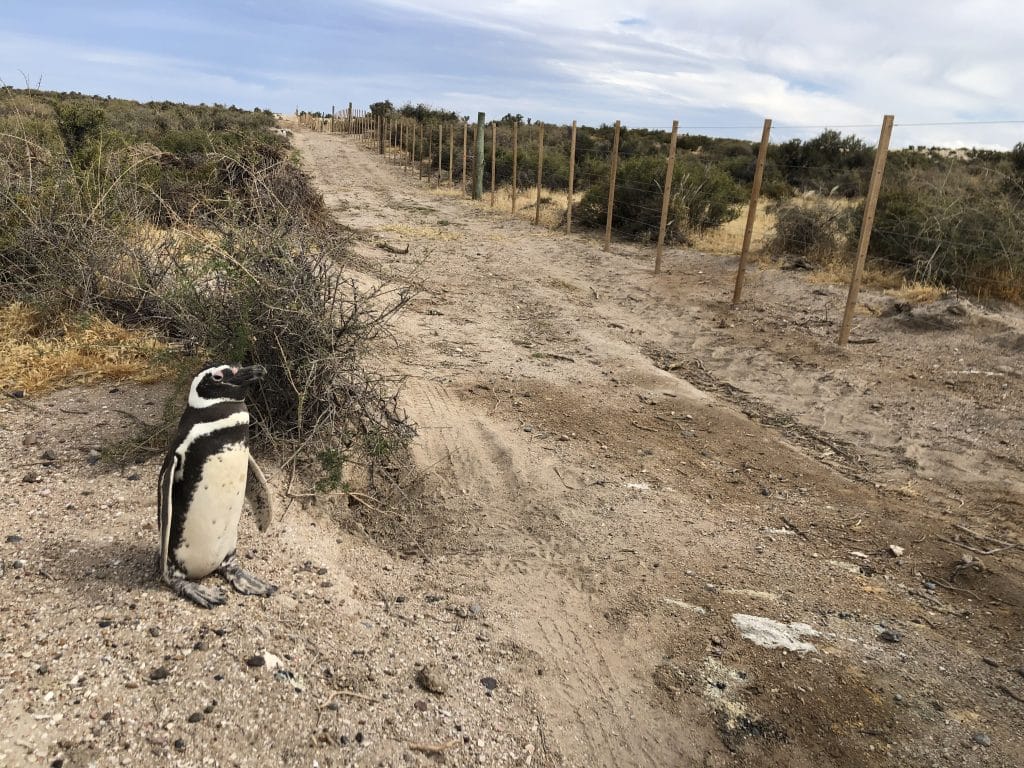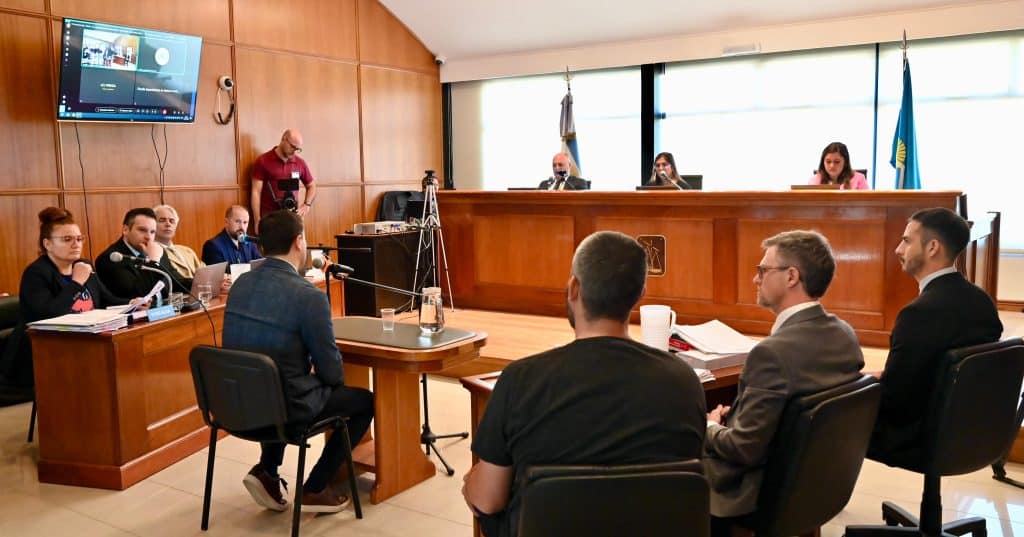A shimmering wave met the sand, sending water racing up the shore toward an ocean of Magellanic penguins. One of the world’s largest Magellanic penguin colonies is found along this coast in Punta Tombo, Argentina. They have thrived successfully thanks to Dr. Pablo Borboroglu, founder of Global Penguin Society (GPS), who has protected this region’s penguins since a devastating 1991 oil spill. GPS has helped transform this important coastal habitat into a peaceful protected area—a peace that was violently broken 30 years later.
In 2021, a rancher seeking to build a road drove a bulldozer through four sections of the colony, crushing hundreds of penguin nests filled with eggs, chicks, and adults. He also illegally erected an electric fence, disrupting the penguins’ breeding activities and further marring their habitat. This rancher acted without respect for the law or for wildlife, and without remorse. Horrified by these disturbances, Pablo quickly mobilized GPS to assess the damages and submit a report to the government to initiate legal proceedings. Historically, wildlife crimes like this have never received convictions in Argentina. In the three years since this tragedy, Pablo has closely collaborated with prosecutors during the arduous legal battle to bring the perpetrator to justice. He testified in court at the first trial of its kind in Argentina, providing evidence from years of GPS research and conservation to clearly illustrate the colony’s significance and underscoring this crime’s severity.
This year, a historic ruling found the rancher guilty of aggravated environmental damages and animal cruelty and he was sentenced to three years in prison. This marks the first time in Argentina that an environmental crime has resulted in a conviction, setting a critical precedent for wildlife protection and the prevention of future habitat destruction. The government announced plans to expand Punta Tombo National Reserve by over 2,400 acres, with GPS taking an active role in its management. It will also pass a law protecting all wildlife in Argentina’s Chubut province and propose another law to add environmental crimes to the national penal code. This groundbreaking victory will enable GPS to continue setting new conservation standards and ensure the safety of over 500,000 Magellanic penguins.



